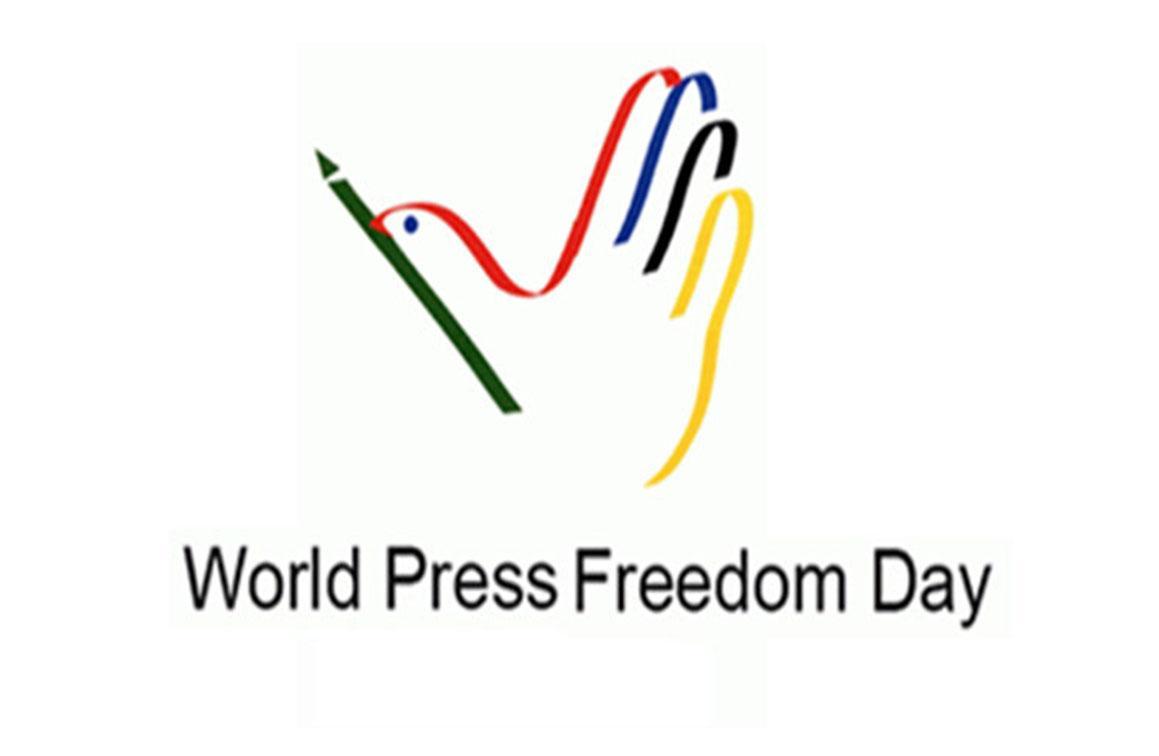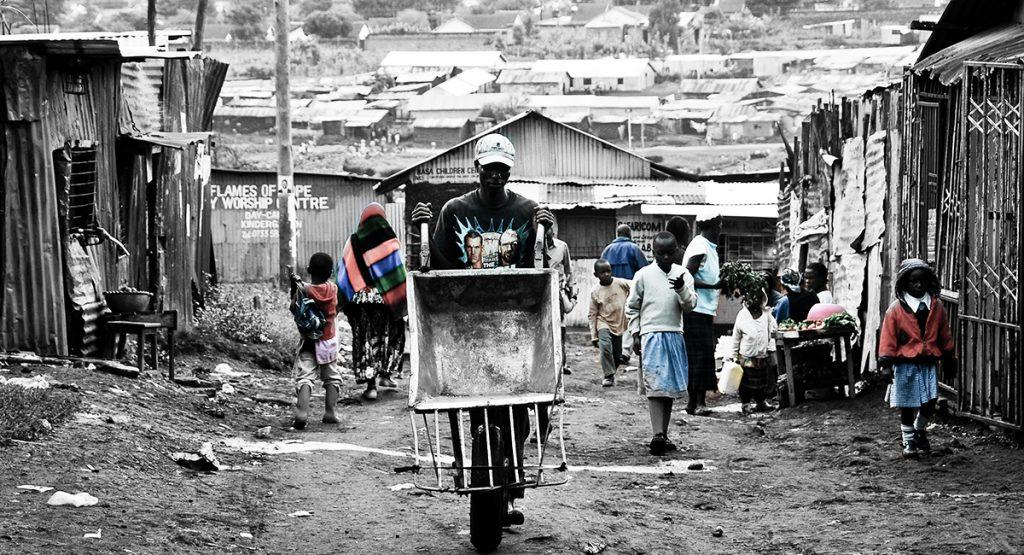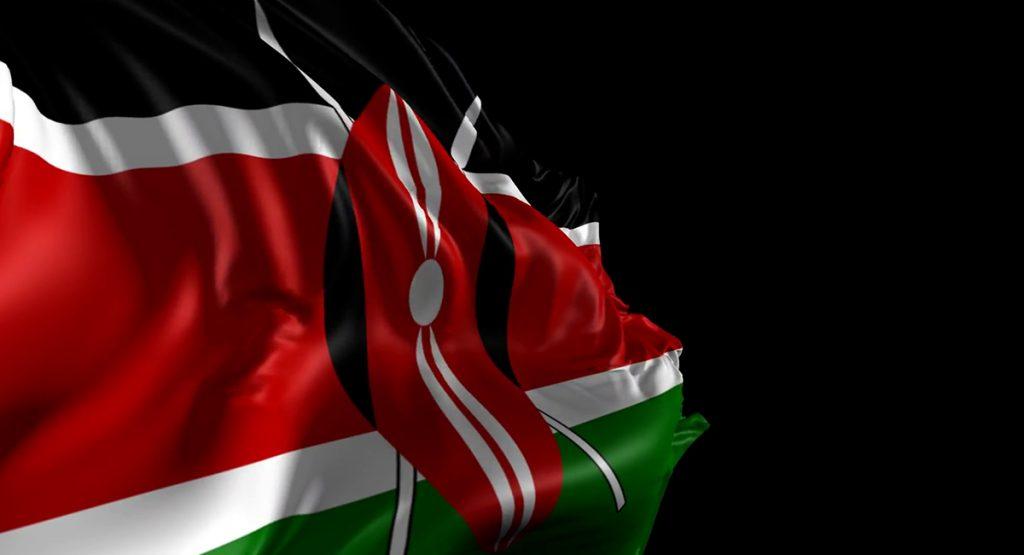Freedom of The Press: An Estranged Concept?
Media refers to the means of mass communication, especially the press, radio, and television, but also including film and recorded music, as well as a number of distributions by way of cable, satellite, discs, and tapes. Media freedom in Kenya has always been tied to responsibilities which journalists are expected to carry for the realization of the societal common good. The emergence of new forms of journalism as a consequence of technological development and appropriations has engendered serious debate about media freedom and the practice of journalism around the world.
Good governance, an essential component of any thriving democratic state, is premised on a system of openness, trust, and government accountability. This can only be achieved if the public is involved in the process of governance. If the general public knows the functions, policies, and decisions made, they can question the government on the basis of the information obtained, and, most importantly, the reasons for the government’s actions. It is thus necessary that the government develops a clear policy on the freedom of information in a bid to ensuring that subsequent legislation ñ freedom of information laws – are implemented effectively and based on accepted international principles and best practices.
The right to information is enshrined in Article 35 of the constitution, which provides for access to information with Article 34 providing for freedom of the media. The right to information underpins all other human rights; it is the cornerstone of all other rights. The right is encapsulated in the 1948 Universal Declaration of Human Rights (UDHR) under Article 19. It is similarly enshrined in the International Convention of Civil and Political Rights (ICCPR), to which Kenya is a party.
Royal Media Services ran an expose the other day on national television in a segment ‘Guns Galore ‘where the Citizen Tv journalist did an undercover episode on Police Officers allegedly renting Police Officers’ uniforms and firearms to civilians. In a press statement, DCI Director George Kinoti, discredited the expose alleging that the segment attempted to tarnish the entire National Police Service and undermine the efforts made by police officers. He further summoned the RMS editorial management team to make a statement on the allegations.
In recent months, there have been a number of accusations that the government has been cracking down on press freedom in Kenya which saw eight independent columnists resign from the Nation Newspaper citing lack of editorial independence. Journalists have reportedly been physically assaulted in their line of duty with some losing their lives while at it. In 2018, three of Kenya’s biggest TV stations were temporarily shut down after they confirmed plans to cover the mock presidential inauguration of opposition leader Raila Odinga. A move that was widely condemned internationally by the United Nations, United States, and human rights watchdogs.
The media is an important tool in the dissemination of information in Kenya. Without free media, the government could easily spread propaganda in the name of the truth. This tends to feed the masses, and in doing so, creates a utopian world where the government, in the eyes of its people blinded by the propaganda, can do no wrong to the country. The lack of care towards protecting journalists and media houses, through the passing or even the creation of laws limiting the free press, is worrying may lead to further restrictions on freedom of the media.
Almost everyone relies on the media for information, education, and entertainment among other needs. The media, therefore, has a central role to play in the freedom of information and freedom of expression. Thus interference nubs its role on its knees.



